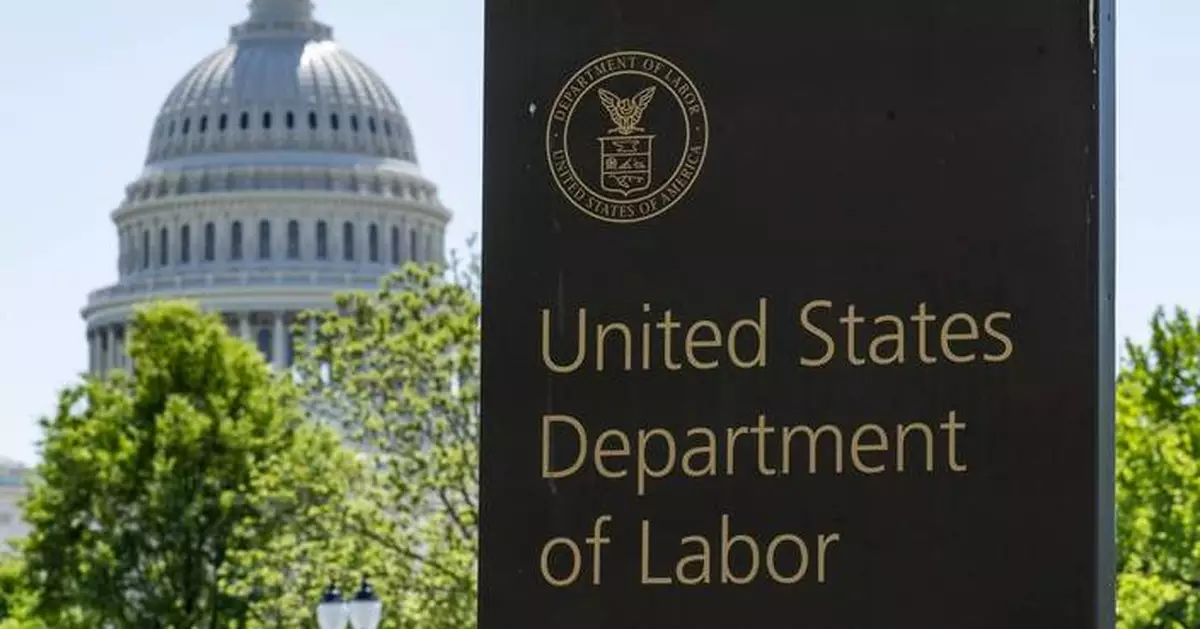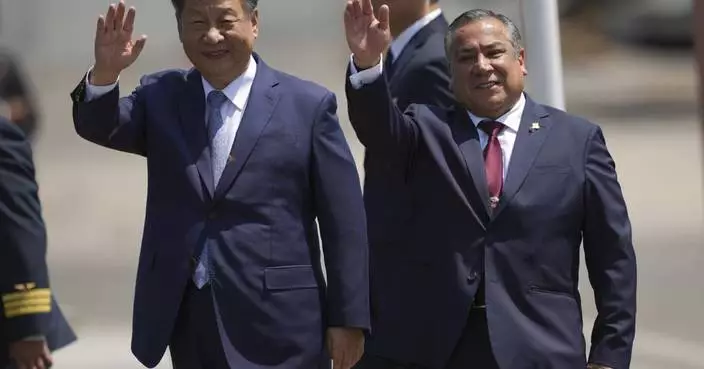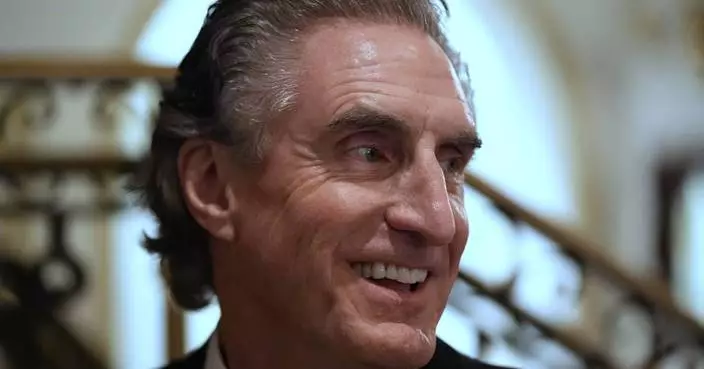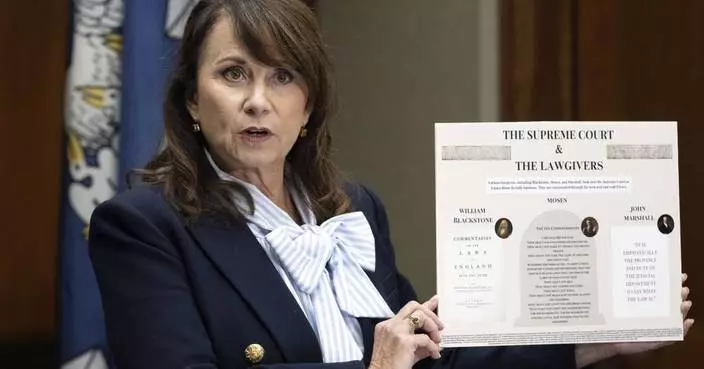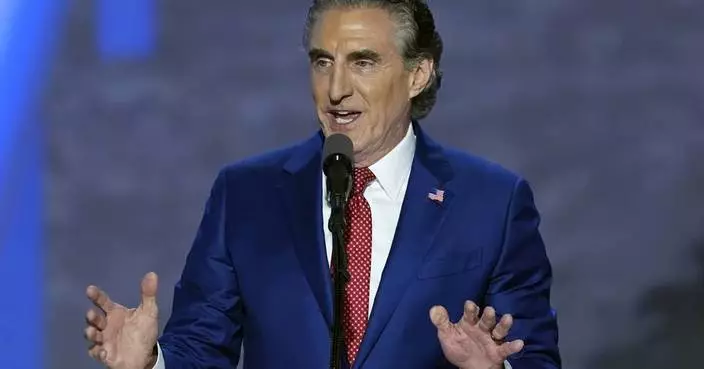NEW YORK (AP) — A federal judge in Texas has blocked a new rule from the Biden administration that would have expanded access to overtime pay to millions more salaried workers across the U.S.
On Friday, U.S. District Judge Sean Jordan sided with the state of Texas and a group of business organizations that argued the Labor Department exceeded its authority when it finalized a rule earlier this year to significantly expand overtime pay for salaried workers — ruling that the department could not prioritize employee wages over job duties when determining eligibility.
Under the federal law, nearly all hourly workers in the U.S. are entitled to overtime pay after 40 hours a week. But many salaried workers are exempt from that requirement — unless they earn below a certain level.
The Labor Department’s now-scuttled rule would have marked the biggest increase to that cap in decades. Employers were required pay overtime to salaried workers who make less than $43,888 a year in certain executive, administrative and professional roles as of July 1 — and that was set to rise to $58,656 next year.
The Labor Department estimated that an additional 4 million lower-paid salary workers would become eligible for overtime protections in the first year under the new rule. An additional 292,900 higher-compensated workers were also expected to get overtime entitlements through separate threshold increases.
Now, the previous threshold of $35,568 — which was set in 2019 under the Trump administration — is poised to go back into effect.
A spokesperson for the Labor Department did not immediately comment when reached by The Associated Press Friday. It was unclear if the department would attempt to appeal the decision from Jordan, who was nominated to his seat by Republican President-elect Donald Trump during his first term.
At the time of the rule's finalization in April, acting Secretary of Labor Julie Su stated that the administration was “following through on our promise to raise the bar" — noting that it was “unacceptable” for lower-paid salaried workers to do the same job as their hourly counterparts with no additional pay.
Following the finalization of this year's rule, legal challenges bubbled up. A handful of trade groups argued the move would harm businesses and lead to costs that would potentially result in employers' needing to cut jobs or limit their workers' hours.
David French, executive vice president of government relations for the National Retail Federation — one of the groups that challenged the Labor Department's rule — maintained in a statement Friday that the changes “would have curtailed retailers’ ability to offer the most flexible, generous and tailored benefits packages to lower-level exempt employees across the industry.”
Friday’s ruling is a bit of déjà vu. In 2016, an Obama-era effort to similarly expand overtime pay eligibility was ultimately shot down in court after facing pushback from some business leaders and Republican politicians.
The Trump adminstration later brought a smaller raise through, marking the first increase since 2004. Advocates pushing for higher overtime pay have stressed that it's far from enough — arguing that too many salaried workers are still cheated out of their time — but potential changes under Trump's upcoming second term are unlikely to meet the level of those demands.
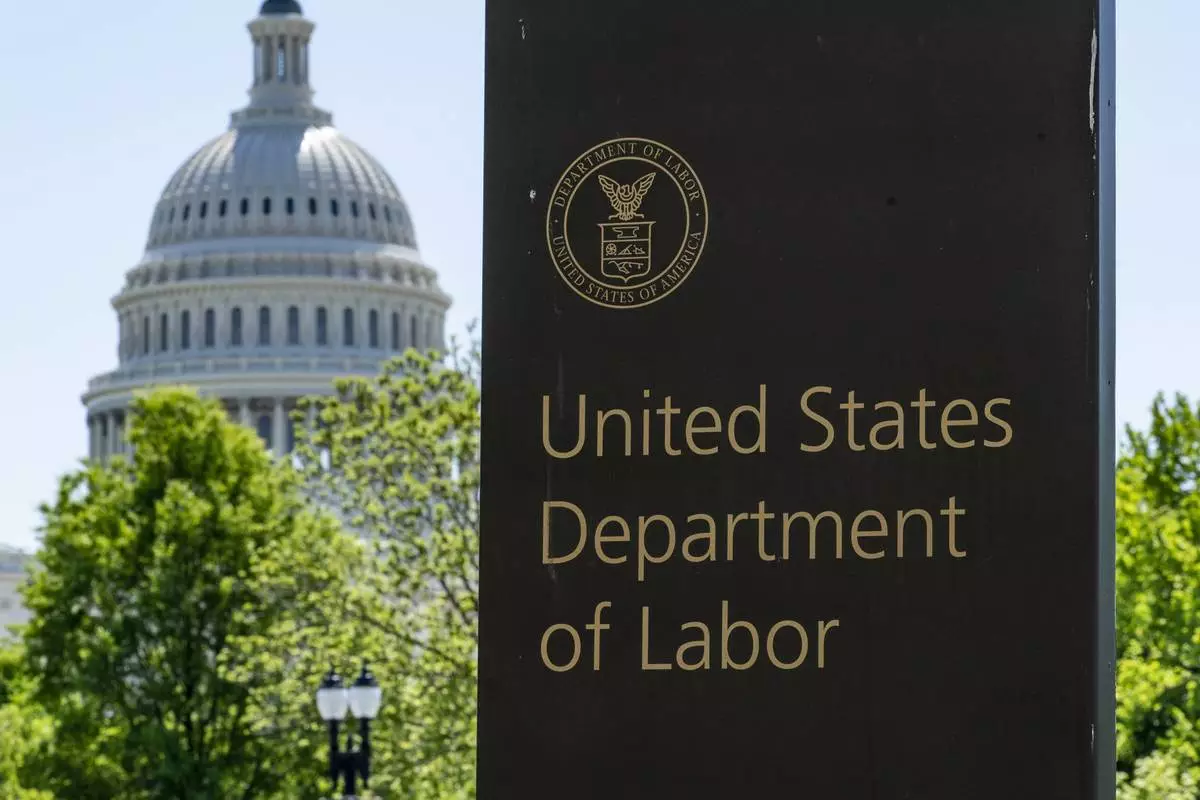
FILE - The entrance to the Labor Department is seen near the Capitol in Washington, Thursday, May 7, 2020. (AP Photo/J. Scott Applewhite, File)
MEXICO CITY (AP) — Mexico’s president lashed out Friday at Moody’s ratings service, after it downgraded the Mexican government’s debt outlook to “negative.”
Moody’s said it had downgraded the government's debt outlook from “stable” to “negative” because newly approved laws in Mexico could weaken the judiciary branch and checks and balances. It reaffirmed Mexico’s Baa2 overall credit rating, but said increased government debt represented a risk for Mexico.
It also mentioned the possibility that the government will have to transfer more money to shore up the highly indebted state-owned oil company, Pemex.
“Deteriorating debt affordability and further government spending rigidity make fiscal consolidation challenging, following this year’s widening in the government deficit,” Moody’s wrote, “a deviation from a longstanding track record of low deficits regardless of economic pressures.”
President Claudia Sheinbaum said that ratings agencies often have a “bias of origin” against the economic policies her party adopted under former President Andrés Manuel López Obrador, who took office on Dec. 1, 2018.
“Many times these ratings agencies are aimed at issuing evaluations starting from an economic model,” Sheinbaum said. “Starting in 2018, the economic model in our country changed. Many times these ratings have this bias of origin.”
Under López Obrador, who was Sheinbaum's political mentor, the government began transferring large amounts of money to the state-run oil company, started large building projects and implemented cash handout programs. That led to federal budget deficits of about 6% of Mexico's gross domestic product in 2024.
Sheinbaum ruled out enacting new taxes next year and said she would rely on increasing tax collection from existing sources. But in the 2025 federal budget submitted by her administration to Congress on Friday, it was clear that sizable budget deficits would continue for some time.
Mexico's treasury department said it would aim to reduce the deficit to 3.9% of GDP in 2025, but it was unclear if it could achieve that: López Obrador left behind a lot of unfinished train and oil refinery projects, and Sheinbaum has expanded benefit programs for the elderly.
“The government will only gradually narrow the deficit in coming years,” Moody's wrote.
The 2025 budget says Mexico's outstanding federal debts would finish 2025 at around 51.4% of GDP. But that doesn't include a lot of government oil company and pensions debts. It also predicted the economy would grow by between 2 and 3% in 2025, something analysts say is optimistic, given that Mexico's GDP grew by only 1.5% in the third quarter of 2024.
The government is also expecting the exchange rate to improve to 18.70 pesos to $1 and inflation to fall to 3.5%, both of which also seem highly optimistic. The Mexican peso has dropped in value to about 20.40 to $1 in recent days.
The election of Donald Trump in the United States may also weigh on Mexico's economy, given his past threats to close the border and impose tariffs.
Moody's said Mexico has been benefitting from “nearshoring” investments by companies seeking to move production closer to the U.S. market.
But it noted “additional downside risks to investment dynamics could emerge ahead of the revision of United States-Mexico-Canada Agreement (USMCA) in 2026, particularly if modifications to the agreement’s rule of origins, labor specifications and other US trade policies towards Mexico changed in a way that durably limit the country’s exports.”
“Lower economic growth and, consequently, government revenue would undermine fiscal consolidation efforts,” it continued.
Perhaps most importantly, Sheinbaum has continued López Obrador's push to implement changes to the judiciary that will make all federal judges stand for election in 2025 and 2026.
The U.S. government and business groups worry that could weaken the independence of the courts, and make them vulnerable to political pressure. Critics say that could also allow drug cartels to fund judges' election campaigns and get their own candidates elected.
“The constitutional overhaul risks eroding checks and balances of the country’s judiciary system, with potential negative impact to Mexico’s economic and fiscal strength,” it continued, adding the changes “have the potential to materially alter the checks and balances and the business operating environment in the country.”
Follow AP’s coverage of Latin America and the Caribbean at https://apnews.com/hub/latin-america
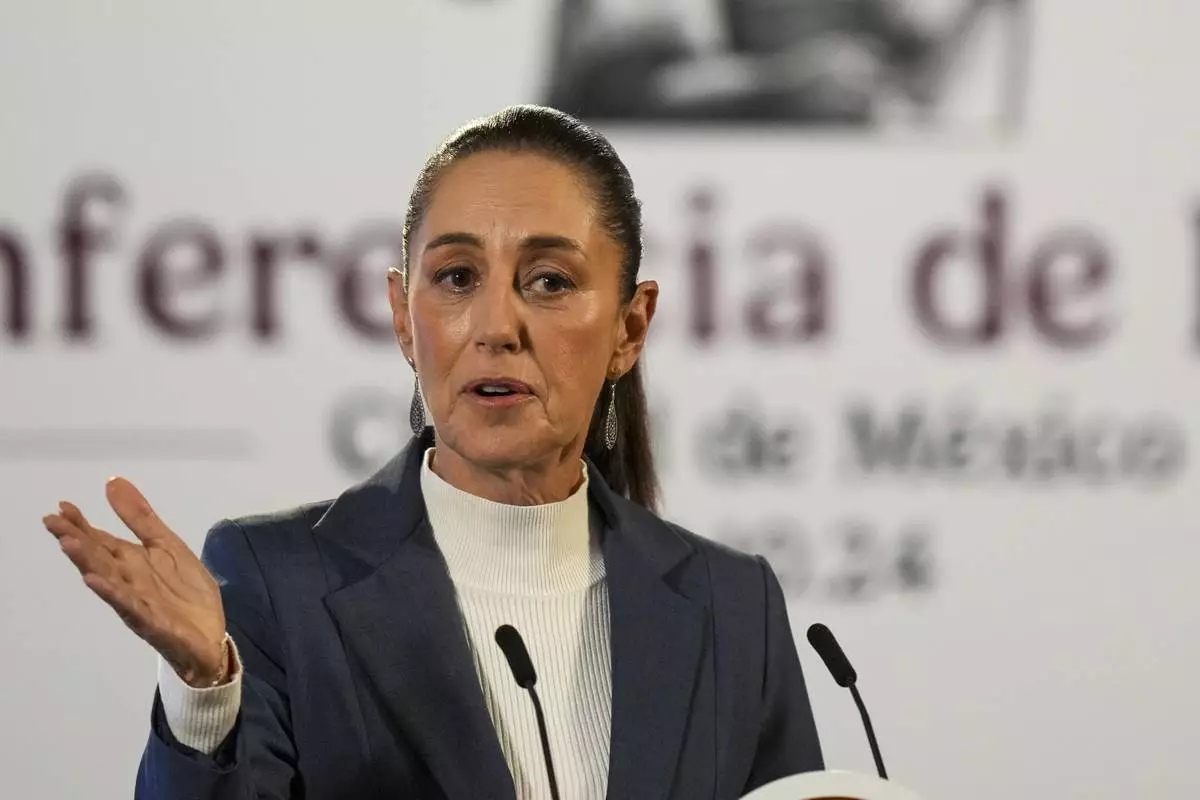
FILE - Mexican President Claudia Sheinbaum gives a media briefing from the National Palace in Mexico City, Oct. 2, 2024, the morning after her inauguration. (AP Photo/Fernando Llano, File)



